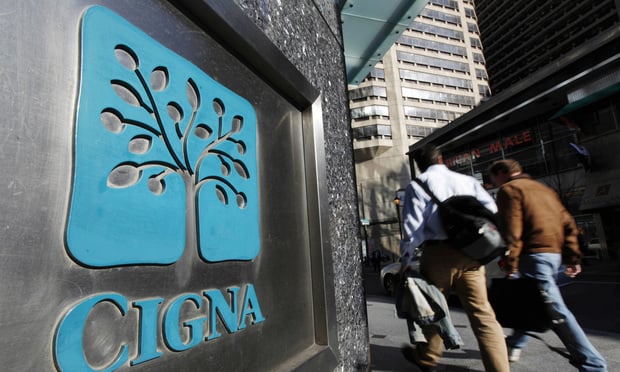One of the bright spots in Omaha, Neb., every June is theCollege World Series. It's a great sporting event that attractsthousands from around the country, including dozens of brokers whospecialize in selling benefits. And in addition to attending games,many of them choose to visit our office for our CWS BrokerRoundtables.
|At these sessions we don't have a set agenda, aside from a fewquestions to prompt discussions (“what's on your mind” is theessence of the discussion). This gives our home office team theopportunity to hear from brokers in an open-ended format. So what's on their minds? During our discussions we received agreat deal of insight in this area, and can boil down the concernsto a big three.
|In brief: health care reform, the economy, voluntary products, and … repeat ad infinitum. One item, healthcare reform, is an imposed driver of change for brokers and theirclients. The second, the economy, is an environmental force drivingemployers to seek efficiency and pricing economy. The third,voluntary benefits, is driven to increased prominence by the firsttwo partly because both health care reform and the economy havesqueezed broker margins.
|One common thread running throughout the sessions was employers'need to receive good advice from their brokers on these areas,because they all represent areas of change and uncertainty foremployers. One broker, Mark Viehmann of BB&T Insurance Servicesin Louisville, Ky., expressed this concept with such clarity that Iasked if I could share his statement.
|To paraphrase Mark: If employers are looking to just ask everybroker that has ever had connections with them to bid on theirbusiness, they are looking for a vendor. If they want myorganization's professional advice on how to best manage change,and will work with us on selecting the products we recommend, theyare looking for a partner. As much as possible, we want to bepartners and not just vendors. I thought that was great advice forboth employer clients and brokers (not to mention insurancecompanies).
|If health care reform, the economy and voluntary benefits arethree areas where employers need advice, then we need to build andfoster our organizational expertise here. We need to positionourselves to be partners in planning and managing successfulchange, and not just vendors of products. Forming that kind ofrelationship with clients is not easy in this era of price shoppingfor the best deal. It means we have to become part of the client'sbenefits planning team.
|We have to listen to the client's concerns, and understand theissues specific to the employer as they relate to our three topics.At all times, we need to be able to provide honest advice thatserves the best interest of the client. Like Mark, we have toconcentrate on building a partnership, not a vendorship, with ourmost valuable customers.
|Marty Traynor is vice president of voluntary benefits at Mutualof Omaha. He can be reached at [email protected].
Complete your profile to continue reading and get FREE access to BenefitsPRO, part of your ALM digital membership.
Your access to unlimited BenefitsPRO content isn’t changing.
Once you are an ALM digital member, you’ll receive:
- Critical BenefitsPRO information including cutting edge post-reform success strategies, access to educational webcasts and videos, resources from industry leaders, and informative Newsletters.
- Exclusive discounts on ALM, BenefitsPRO magazine and BenefitsPRO.com events
- Access to other award-winning ALM websites including ThinkAdvisor.com and Law.com
Already have an account? Sign In
© 2024 ALM Global, LLC, All Rights Reserved. Request academic re-use from www.copyright.com. All other uses, submit a request to [email protected]. For more information visit Asset & Logo Licensing.








